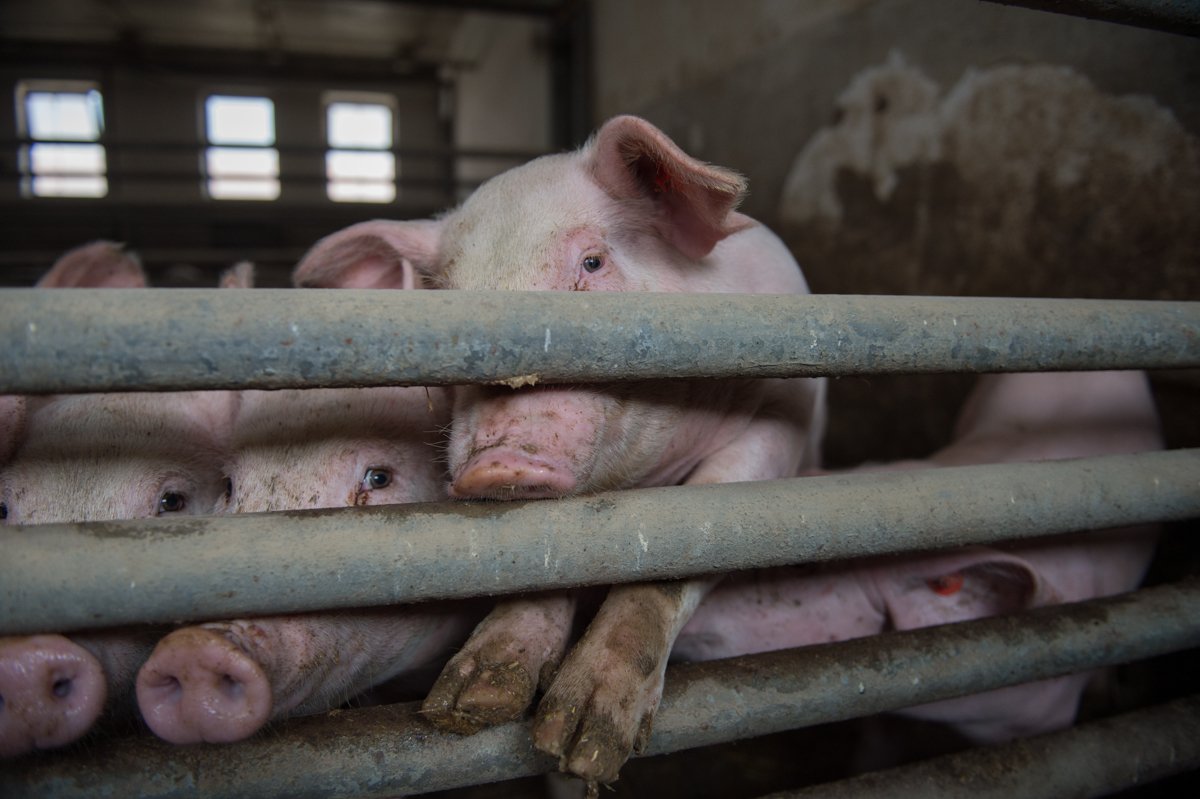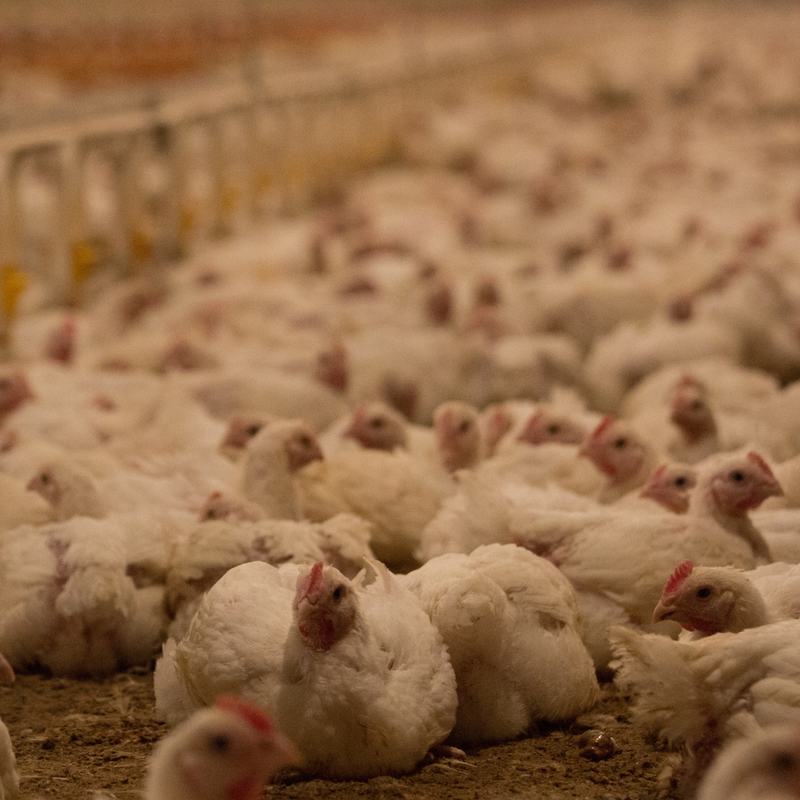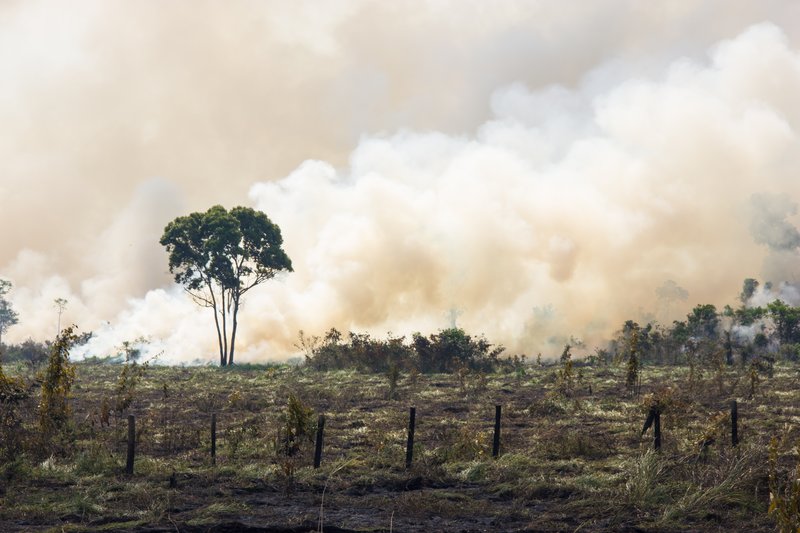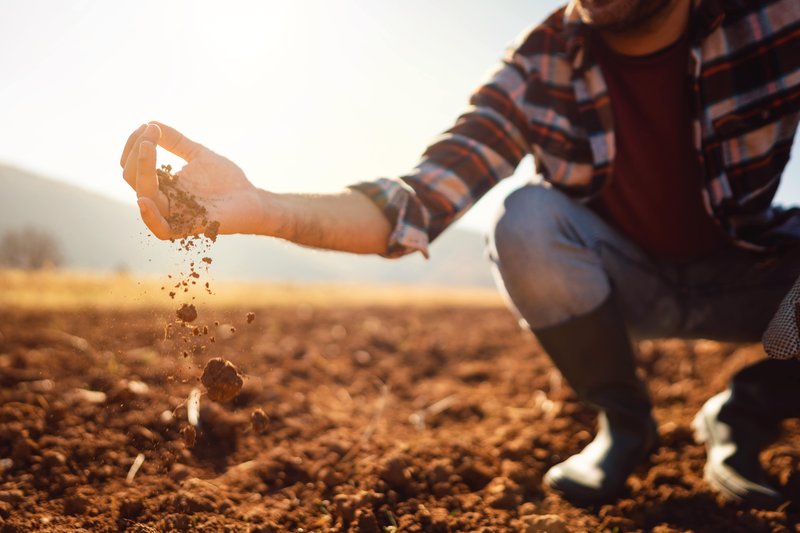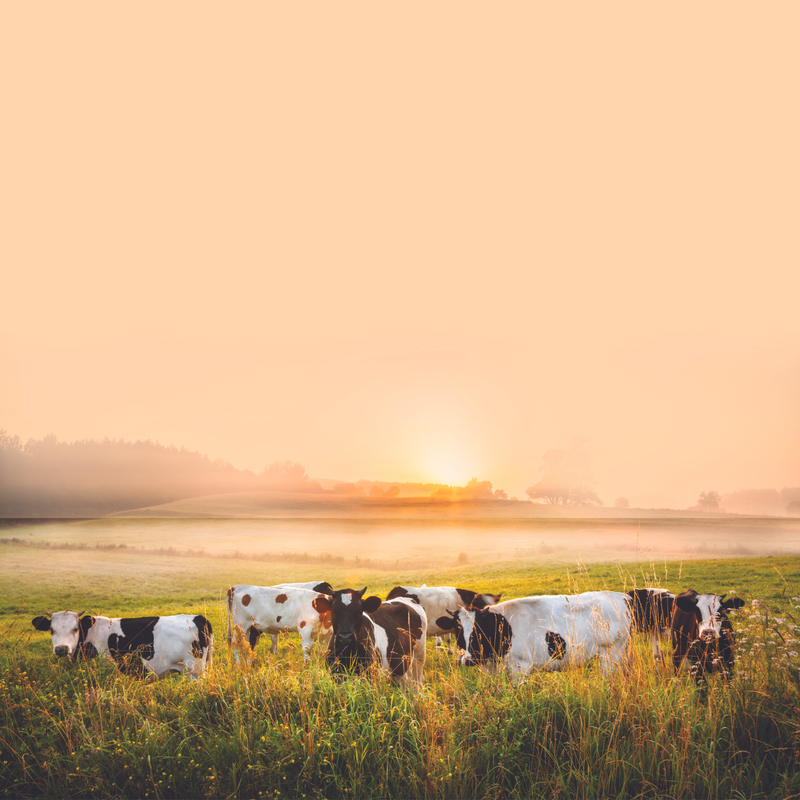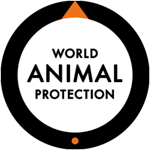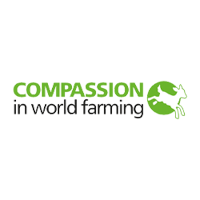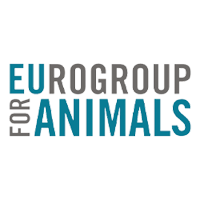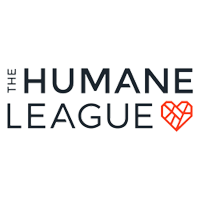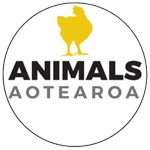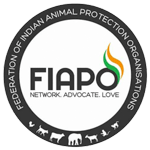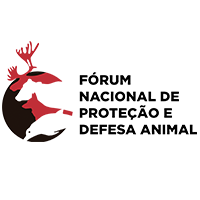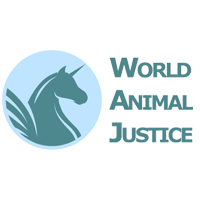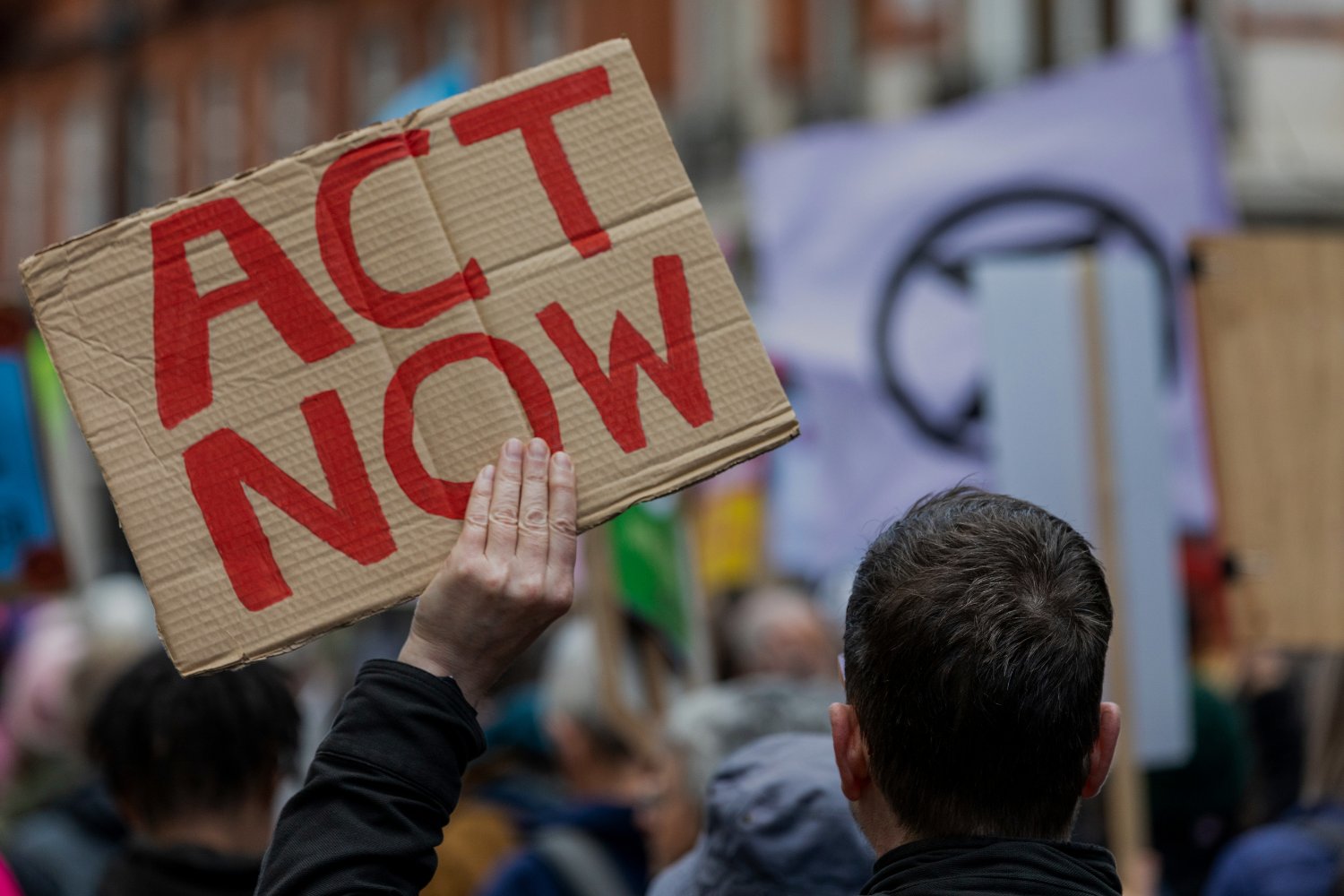When animals suffer, we all suffer
People’s excessive appetite for animal proteins − such as meat, fish, dairy and eggs − is inflicting terrible suffering on billions of farmed animals. But it is also destroying our environment, driving the climate crisis, and harming human health. We all are paying the price for factory farming.
Cancers and heart diseases
By producing cheap meat, people in the global north are eating too much, leading to a rise in chronic illnesses.
Malnutrition and hunger
At the same time, more land is unfairly taken to grow crops for animals, not people, which increases the risk of malnutrition for millions of people in the global south.
Antibiotic resistance
Without antibiotics, the horrific conditions in factory farms means animals often get sick. Around 70% of the world’s antibiotics are given to farmed animals, often as a preventative measure, even when they are not sick. This is contributing to antibiotic resistance – predicted to kill 10 million people a year by 2050.
Deadly pandemics
Cramming animals together creates the perfect environment for diseases to be transmitted and even evolve into new, deadly strains that infect humans, such as influenza and coronaviruses.

